Why is diversity important for productivity?
Of the top 100 companies in the UK in 2023, only ten were led by women. And only four were led by a person of colour. There are many reasons for this concerning lack of diversity in senior management positions, including a lack of opportunities for people from under-represented backgrounds at all stages of their educational and career journeys. At the London School of Economics and Political Science, Dr Grace Lordan is leading the Diversity and Productivity project, where researchers, including Dr Jasmine Virhia and Teresa Almeida, are working to prove the importance of diversity for increasing productivity.
Talk like a behavioural scientist
Behavioural science — the study of how people behave
Diversity — the range of differences among people e.g., differences in age, gender or education
Inclusion — a way of integrating everyone’s diverse skills, knowledge and abilities and empowering them to engage and contribute
Neurodiversity — differences in how people’s brains work
Productivity — how consistently and efficiently a person completes tasks and reaches goals
Socioeconomic status — a person’s social and economic position in relation to others, based on factors such as how much money they make, their parents’ occupations and their education
Thematic analysis — a scientific method to identify themes that emerge from data
“The UK faces a significant diversity challenge,” states Dr Grace Lordan, who leads the Diversity and Productivity project at the London School of Economics and Political Science. Individuals from under-represented groups encounter barriers when they try to access and excel in high-productivity career paths, leading to a lack of diversity in the workforce. “In addition,” she continues, “the UK lags nearly 20% behind its competitors in terms of productivity.” Grace believes that addressing the diversity issue is key to solving the UK’s productivity problem.
The leaky pipeline
Dr Jasmine Virhia and Teresa Almeida are behavioural scientists on the Diversity and Productivity team, and they refer to the problem of the ‘leaky pipeline’. The nation’s education and employment systems can be thought of as a hosepipe – instead of water flowing through the pipe, people are flowing through the system from school to the workforce. However, in the same way that a leaky hosepipe results in less water coming out the end than went in, talent is lost as people ‘leak’ out of education and employment systems.
“People from under-represented groups face inequalities in terms of access to skills and productive careers paths,” explains Jasmine. “These inequalities start early and widen through a person’s life.” For example, if someone lacks opportunities to build skills while at school, they will be less likely to end up in high-productivity jobs. This will then mean they have fewer opportunities to advance their career later in life. As a result, people from under-represented groups are often prevented from reaching their full productive potential.
The Diversity and Productivity project
The Diversity and Productivity project is a collaborative research venture led by The Inclusion Initiative, where researchers investigate the obstacles that lead to the loss of diverse talent through the UK’s ‘leaky pipeline’. The project is focused on different aspects of diversity, including demographic diversity (e.g., gender, race, socioeconomic status, etc.) and health diversity (e.g., neurodiversity, people with physical disabilities, people with mental health conditions, etc.). Team members from universities around the UK are studying all stages of educational and career journeys, including how education pathways differ for diverse individuals and when diverse talent is lost on the pathway from early career workers to senior management positions. Jasmine is uncovering the barriers individuals face to their productivity and Teresa is exploring how diverse teams promote productivity.
Asking questions
Jasmine is interviewing a diverse range of individuals working in different professions around the UK. She hopes to understand more about the barriers they have faced in their educational and career journeys, and the factors that influence their productivity at work. “We ask participants about their job history, what productivity means to them and what support they have received throughout their career,” Jasmine says. “We also ask for specific examples of when they have felt most and least productive at work, as this provides detailed insights into what enables and prevents productivity for diverse individuals.” Jasmine then uses qualitative research methods, such as thematic analysis, to identify what themes and topics are commonly mentioned by participants.
Conducting experiments
Teresa is conducting behavioural experiments to explore how the diversity of a team influences its productivity. “Diverse teams of five people come together in our virtual lab to solve fun tasks,” Teresa explains. “These tasks require people to work together, voice different opinions and think outside the box.” Some teams are given hints on how to ensure they are working inclusively, and Teresa is interested to know if this promotes the team’s creativity and productivity. Teresa and a team of behavioural scientists then analyse the participating teams’ performances by scoring how creative, unique and useful their solutions to the tasks are. “We want to know how teams prompted on inclusive working compare with unprompted teams, and we want to see how diverse teams compare to non-diverse teams,” she says.
What have Jasmine and Teresa discovered?
The interviews have shown that who you work with can significantly impact your productivity. Being surrounded by diverse individuals has a positive effect on experiences at work. “Organisations need to make commitments to fostering inclusivity and equity,” says Jasmine. “It’s important that people from under-represented groups have equal opportunities to develop their skills and for their voices to be heard.”
Teresa is still conducting her behavioural experiment so does not yet have results to analyse. “However, we have seen that when people come together to work on their creative tasks, they are committed to doing a good job and seem to enjoy themselves,” she says. “This suggests that diverse teams are engaged and motivated.”
How will this research improve diversity and productivity?
The Diversity and Productivity project aims to show how diversity improves productivity and to identify practical ways in which companies can promote inclusive working. If concepts such as inclusion can be translated into behaviours, then individuals and workplaces can take action to ensure that everyone can bring their knowledge, ideas and perspectives to the table. As Grace says, “We want to use behavioural science to find solutions that make workplaces more equal, open and innovative!”
Reference
https://doi.org/10.33424/FUTURUM466
 Dr Grace Lordan
Dr Grace Lordan
The Inclusion Initiative, London School of Economics and Political Science, UK
Field of research: Behavioural science
Research project: Diversity and Productivity from Education to Work: Exploring the relationship between diversity, inclusion and productivity
Funder: UK Economic and Social Research Council (ESRC)
About behavioural science
“Behavioural science research provides valuable insights into human behaviour, decision-making and motivation,” says Jasmine. “It offers a foundation for designing effective solutions to real-world problems.” Behavioural scientists identify the factors that influence the choices, decisions and behaviours of an individual or group. This then allows researchers and policymakers to develop strategies and interventions that are tailored to address real-world issues. For example, behavioural scientists contribute to public health initiatives by exploring how people will respond to specific health policies.
Analysing data to understand behaviour
Behavioural scientists use qualitative (non-numerical) research methods to gather and analyse data relating to people’s behaviour and perspectives, and quantitative (numerical) research methods to gather and analyse statistical data. In the Diversity and Productivity project, researchers used a wide range of techniques, from qualitative interviews and surveys asking about workplace experiences to quantitative reviews of company records that report the characteristics of employers. By analysing information about when workplace inclusion initiatives were introduced to a company and comparing this with records of a company’s productivity, the team can determine whether changes in productivity were due to improvements in diversity and inclusion, or other factors.
“The combination of both qualitative and quantitative data gives us a rich, multi-layered understanding of our research questions on how diversity and inclusion affect productivity and creativity in the workplace,” says Teresa. “We couldn’t get the complete picture without blending these research approaches together into our toolkit and analysing the different sources of data to uncover insights.”
Pathway from school to behavioural science
• At school and beyond, study maths and statistics to develop numerical and data analysis skills, study psychology to learn about theories that exist in the field and develop your critical thinking skills.
• Some universities offer degrees in behavioural science, or the subject may be covered during a degree in psychology, management or economics. Aspects of data science, statistics, sociology, anthropology, social policy and neuroscience all contribute to behavioural science research.
• Learn more about studying behavioural science at the London School of Economics and Political Science: www.lse.ac.uk/PBS/Study
• Teresa and Jasmine recommend reading books such as Thinking, Fast and Slow by Nobel prize-winning economist Daniel Kahneman and Predictably Irrational: The Hidden Forces That Shape Our Decisions by Dan Ariely.
Explore careers in behavioural science
• In addition to conducting academic research, many behavioural scientists work in policymaking, where they contribute to improved healthcare, education, social and environmental policies.
• Behavioural scientists may also work in marketing or behavioural therapy, or for governments or non-profit organisations.
• “There are many ways in which insights from behavioural science can contribute to positive change in society,” says Teresa. “Behavioural scientists study everything from how to improve environmental outcomes to how we engage with robots.”
• The United Nations provides information about the importance of behavioural science for fulfilling its mandates to tackle inequality: www.un.org/en/content/behaviouralscience
Meet Teresa

I’ve always been interested in solving puzzles and problems. I think this made me curious to understand why people do the things they do. Growing up in Portugal, I was motivated to explore further afield and learn about other cultures, people and ideas, which drove me to study in the UK.
During my undergraduate degree in international management, I took courses in decision-making, negotiation and game theory. This was the first time I had explored an entire scientific field devoted to understanding human behaviours and choices, and these courses inspired me to study a master’s in behavioural science.
I enjoy bringing knowledge from different disciplines to answer behavioural science questions. I also love applying this knowledge to a real-world issue that really matters – diversity and inclusion. It is satisfying to test our research to ensure it is helping people and making a positive impact. As an eternally curious person, it’s very rewarding to think about new ways to solve real-world problems.
I’m excited to be part of the Diversity and Productivity project because increasing workplace inclusion through behavioural interventions aligns perfectly with my passions. Diversity drives innovation, but it takes deliberate changes to unlock the creative potential of people from all backgrounds. It’s been an incredible opportunity to work with other researchers from different disciplines and see how they approach their research questions – I now know a lot more about psychology, data science and economics than before.
Meet Jasmine

I’ve always had varied interests. I enjoy spending time outdoors, playing sports, painting and playing musical instruments. At school, I most enjoyed humanities subjects (English, history and geography), so people are often surprised that I pursued a scientific career.
My undergraduate degree was in English literature and linguistics, during which I developed strong written communication skills. I then studied a master’s in neuroscience and linguistics, where I began linking my humanities knowledge to science topics. This background gave me an interdisciplinary approach to solving problems and conducting research. However, I hadn’t studied maths since I was 16, so I had to engage in a lot of creative independent learning to develop my numerical and statistical skills. For example, I took part in psychology and neuroscience experiments to learn about their design, then explored how this translated into testing for statistical significance. I then did a PhD in cognitive neuroscience, conducting experiments to test people’s behaviour in a brain scanner. I had no previous experience in computer programming or the physics behind neuroimaging, so this was another huge learning curve!
The Diversity and Productivity project has allowed me to develop my qualitative research skills. I have enjoyed broadening my skill set as, before this, most of my behavioural science research used quantitative data. Learning from experts in the team, as well as the huge range of people I have interviewed, has been a great opportunity. Knowing that our research could positively impact people’s lives and careers is a great feeling.
Teresa and Jasmine’s top tips
1. Be curious and always ask questions. Science is all around you, so be imaginative about how you immerse yourself in it.
2. Read widely about whatever topics interest you.
3. Develop your numerical skills and critical thinking. These are key for analysing data and questioning assumptions.
4. Consider how different subjects link together. How could you combine your different interests in your studies and future career?
Do you have a question for Grace, Teresa or Jasmine?
Write it in the comments box below and Grace, Teresa or Jasmine will get back to you. (Remember, researchers are very busy people, so you may have to wait a few days.)
Students from under-represented backgrounds are more likely to face challenges in life, which can lead to a lack of diversity in education institutions and workplaces. Discover how universities can combat this:
www.futurumcareers.com/should-universities-use-differential-treatment-to-admit-students

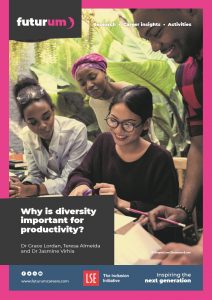
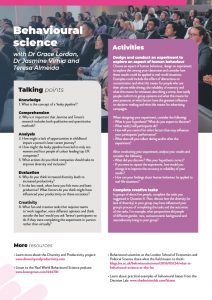
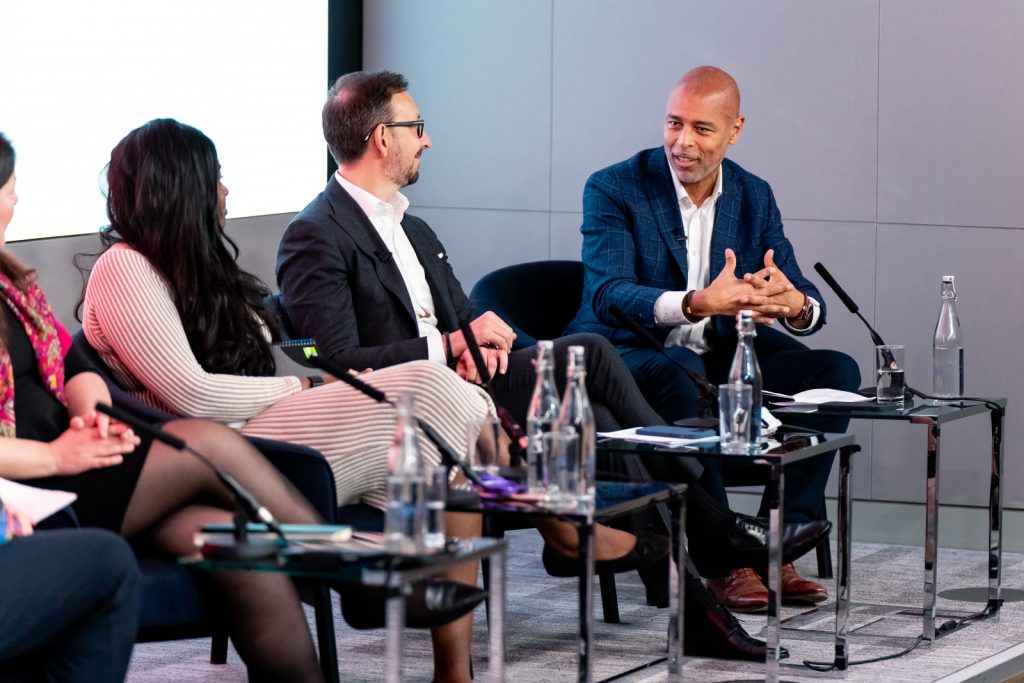
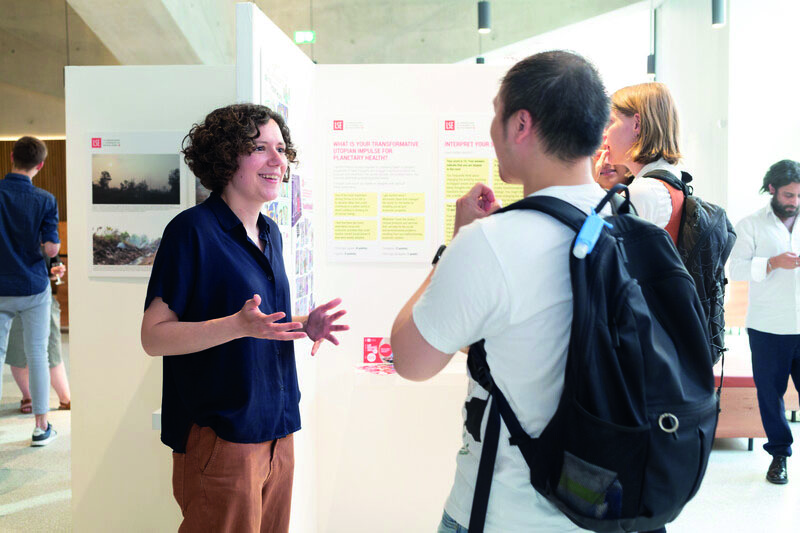
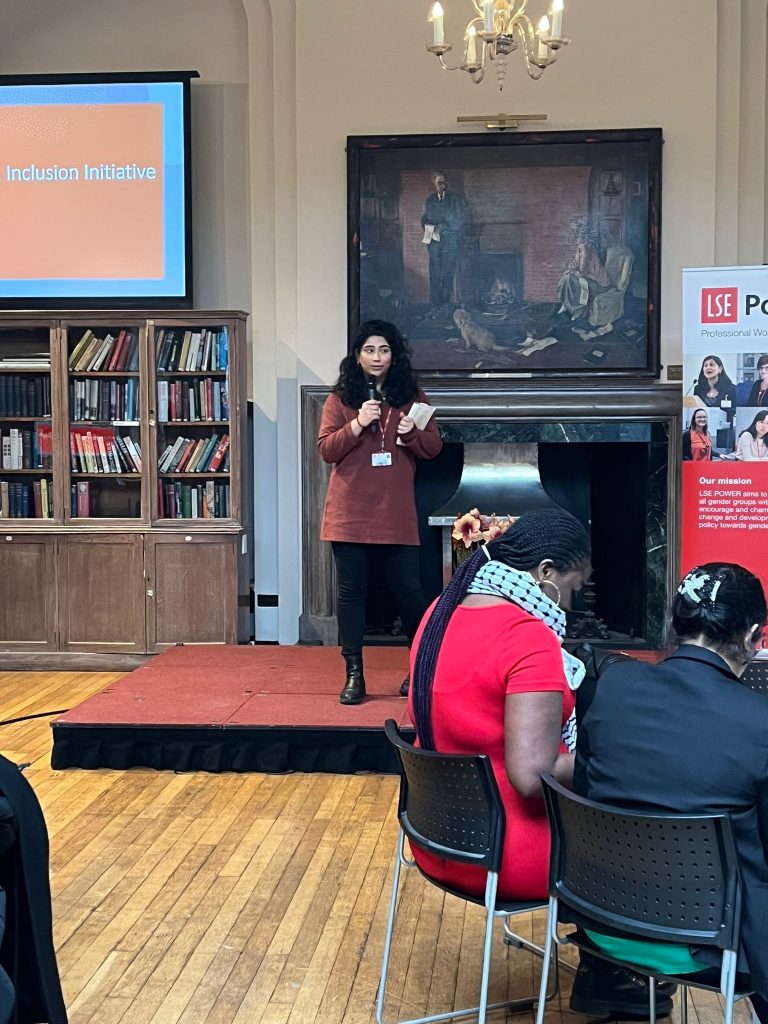
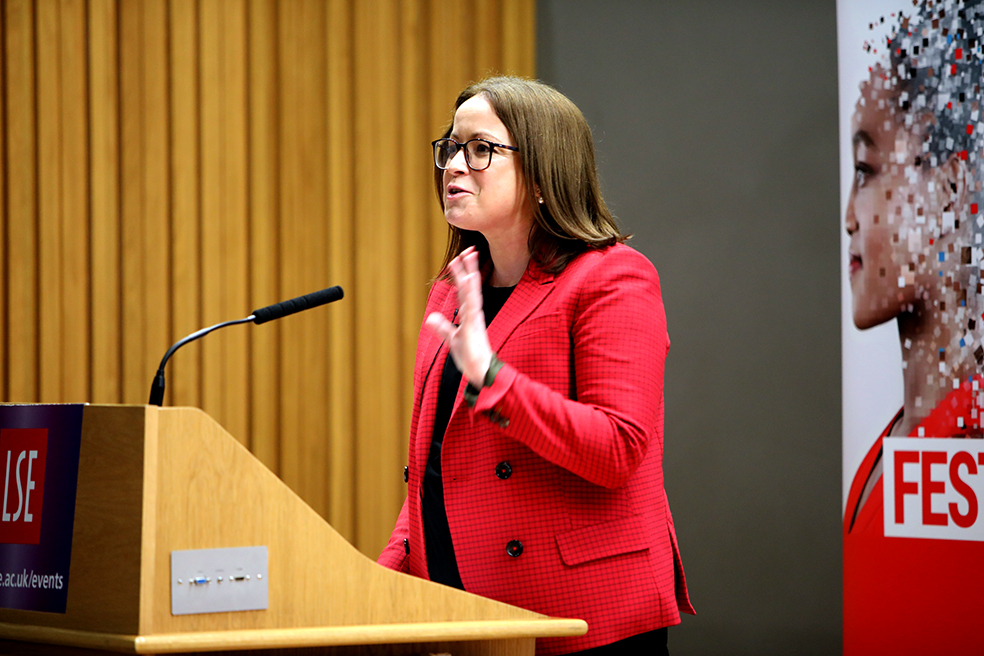
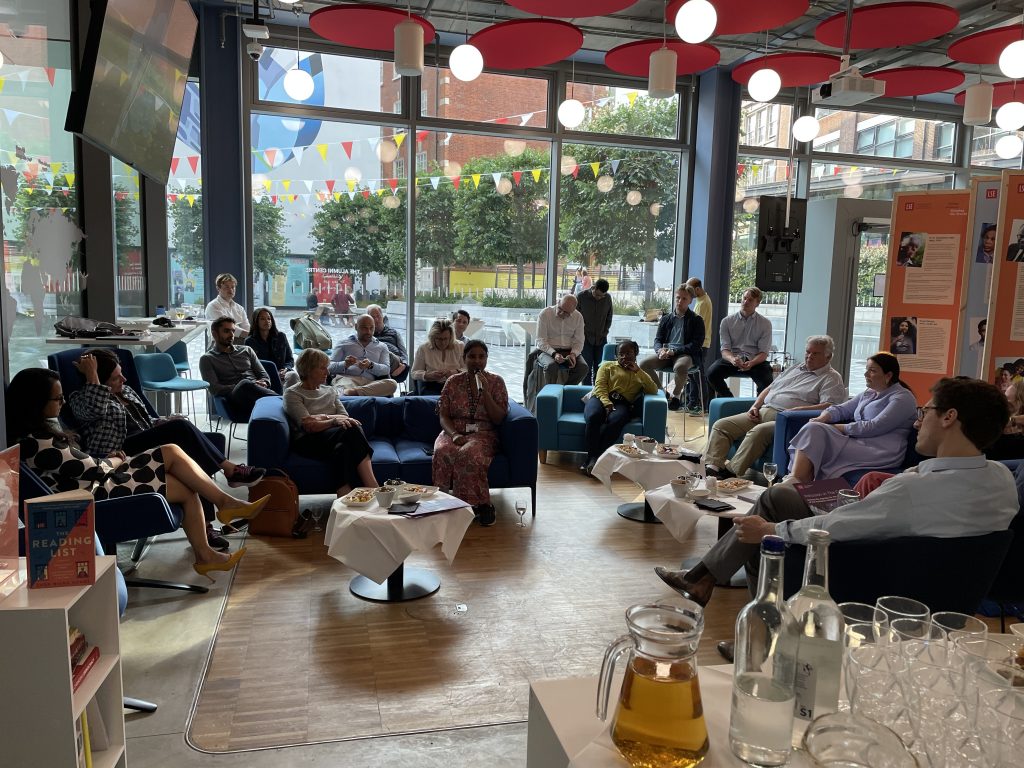
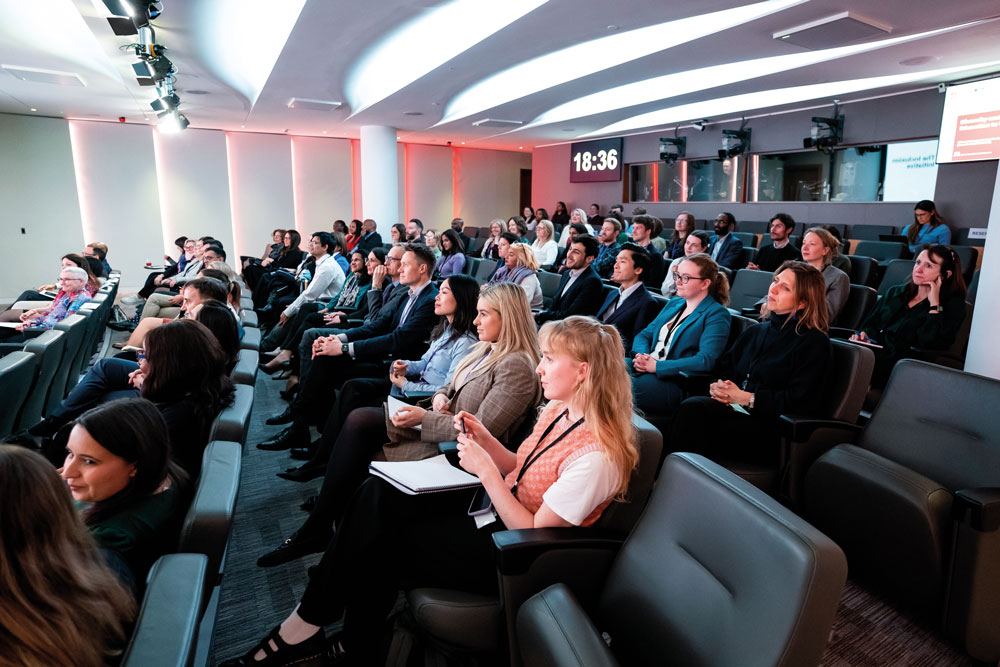
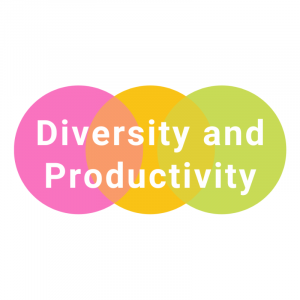
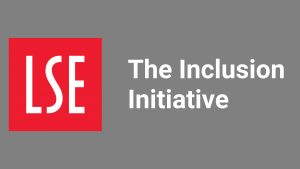



0 Comments